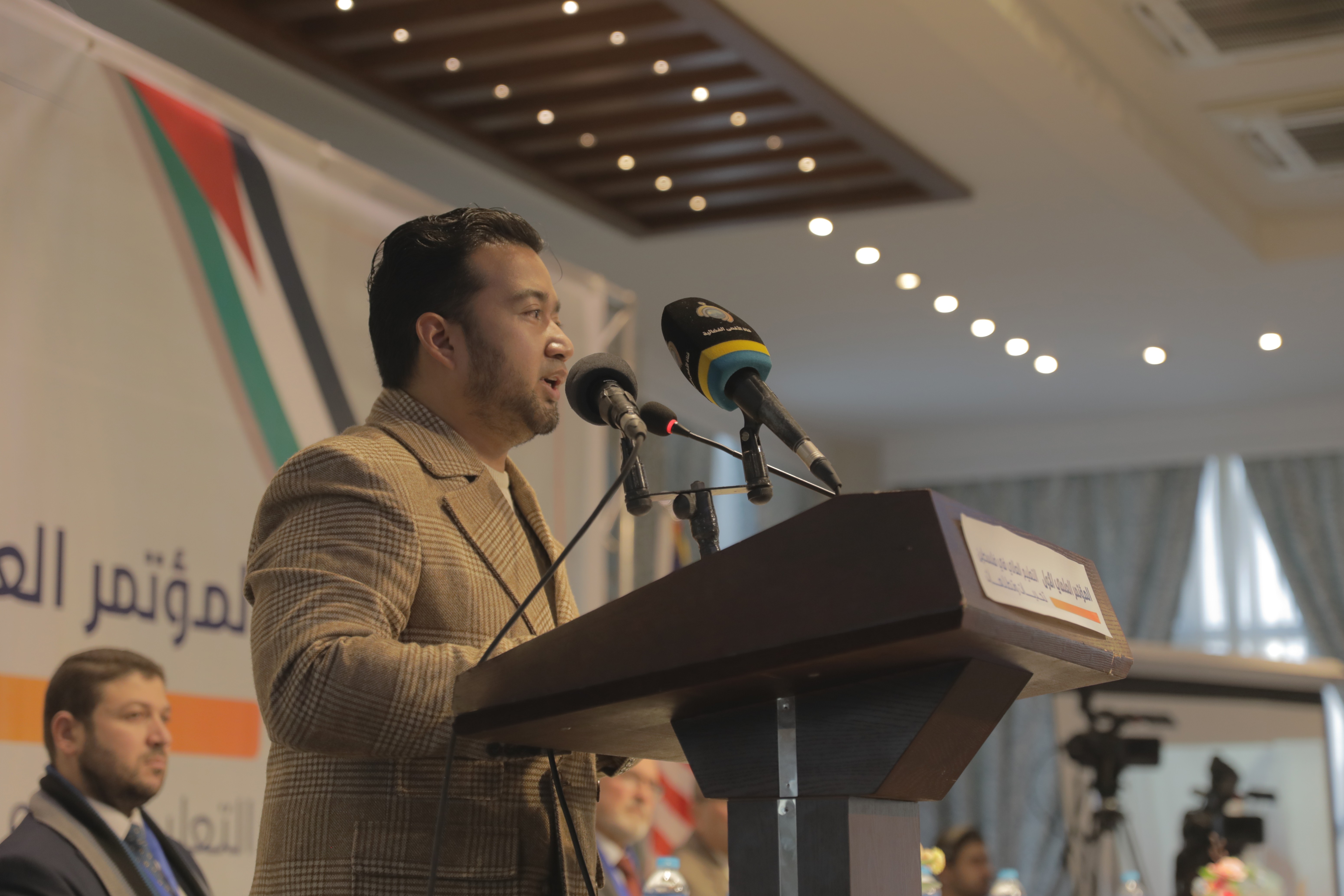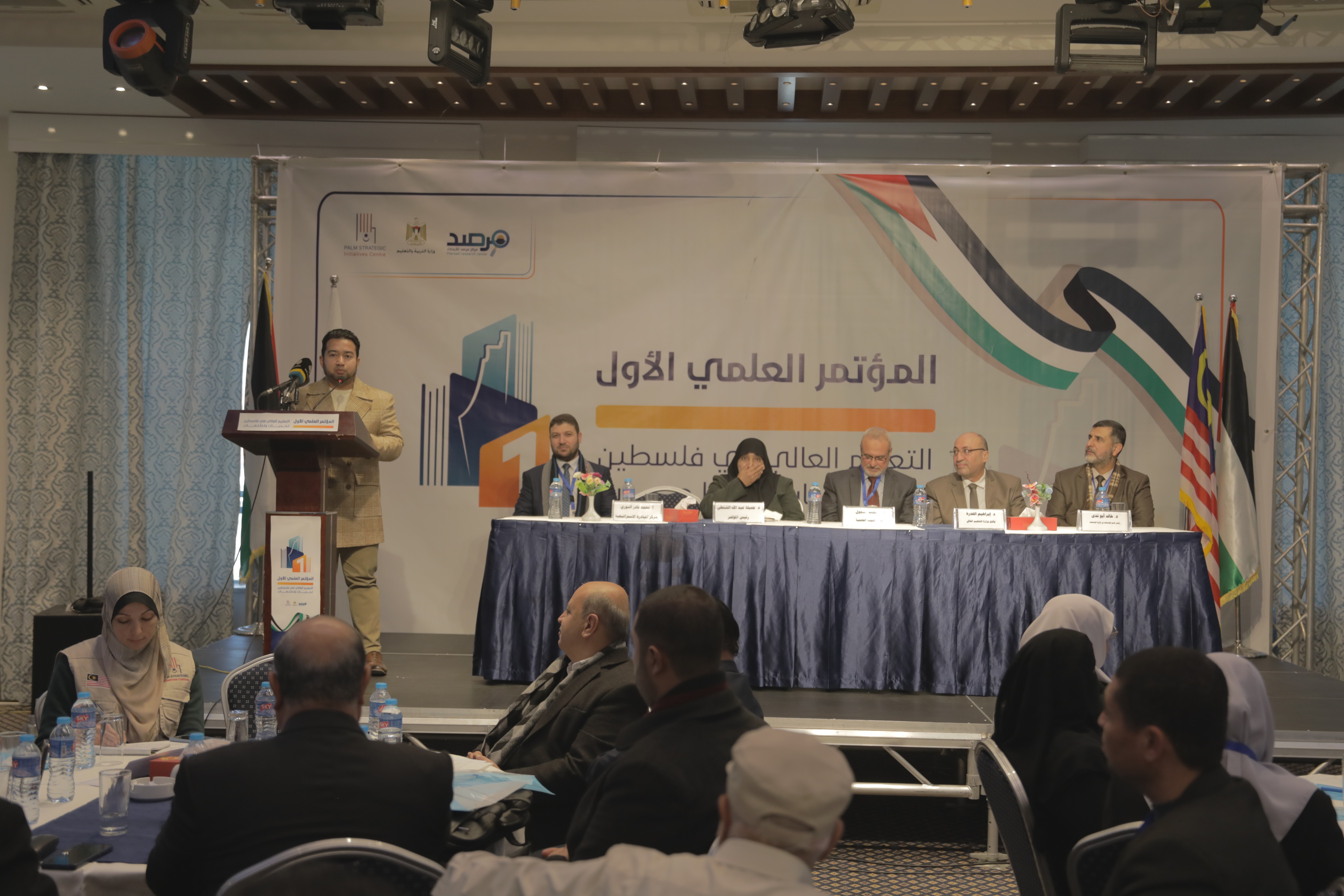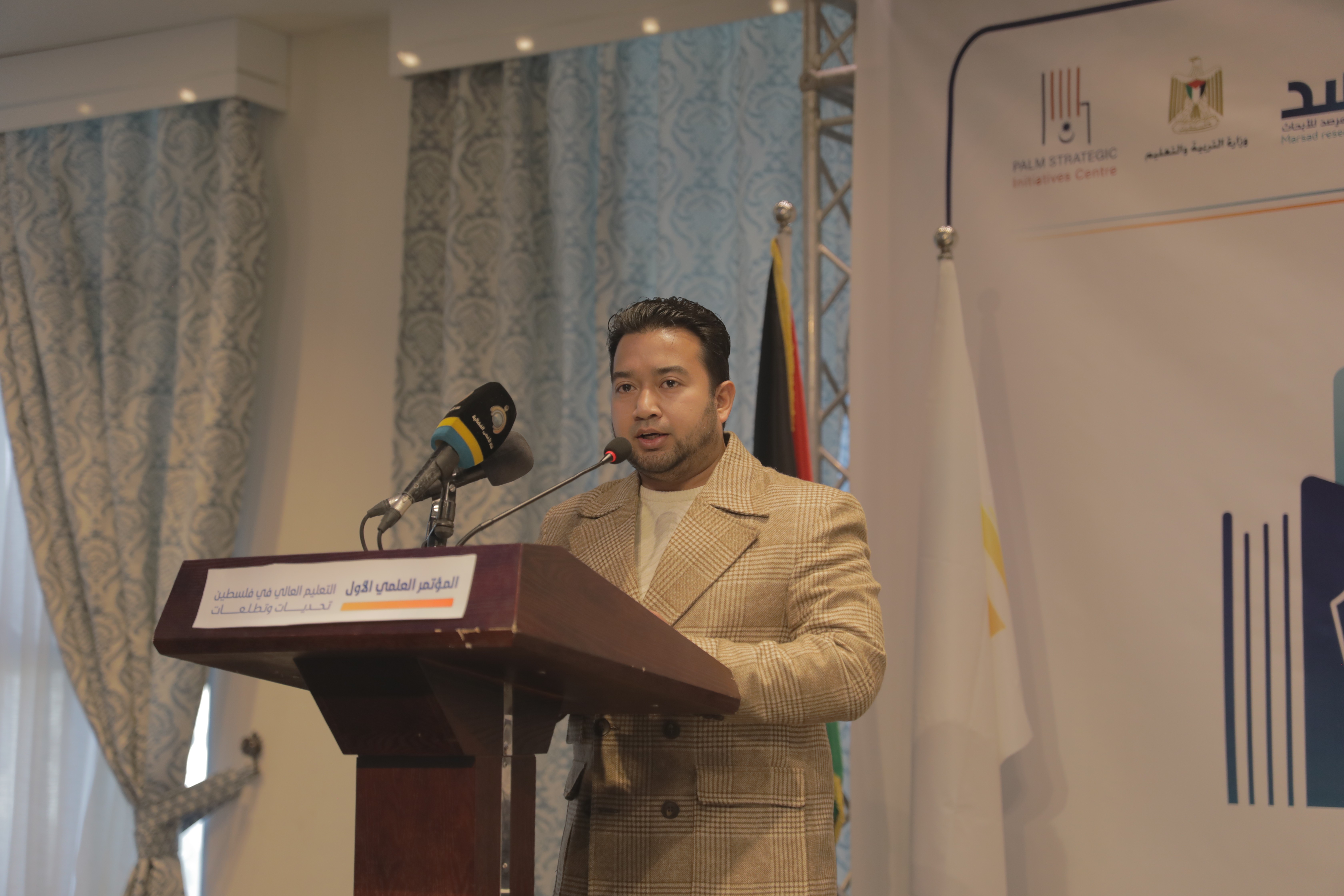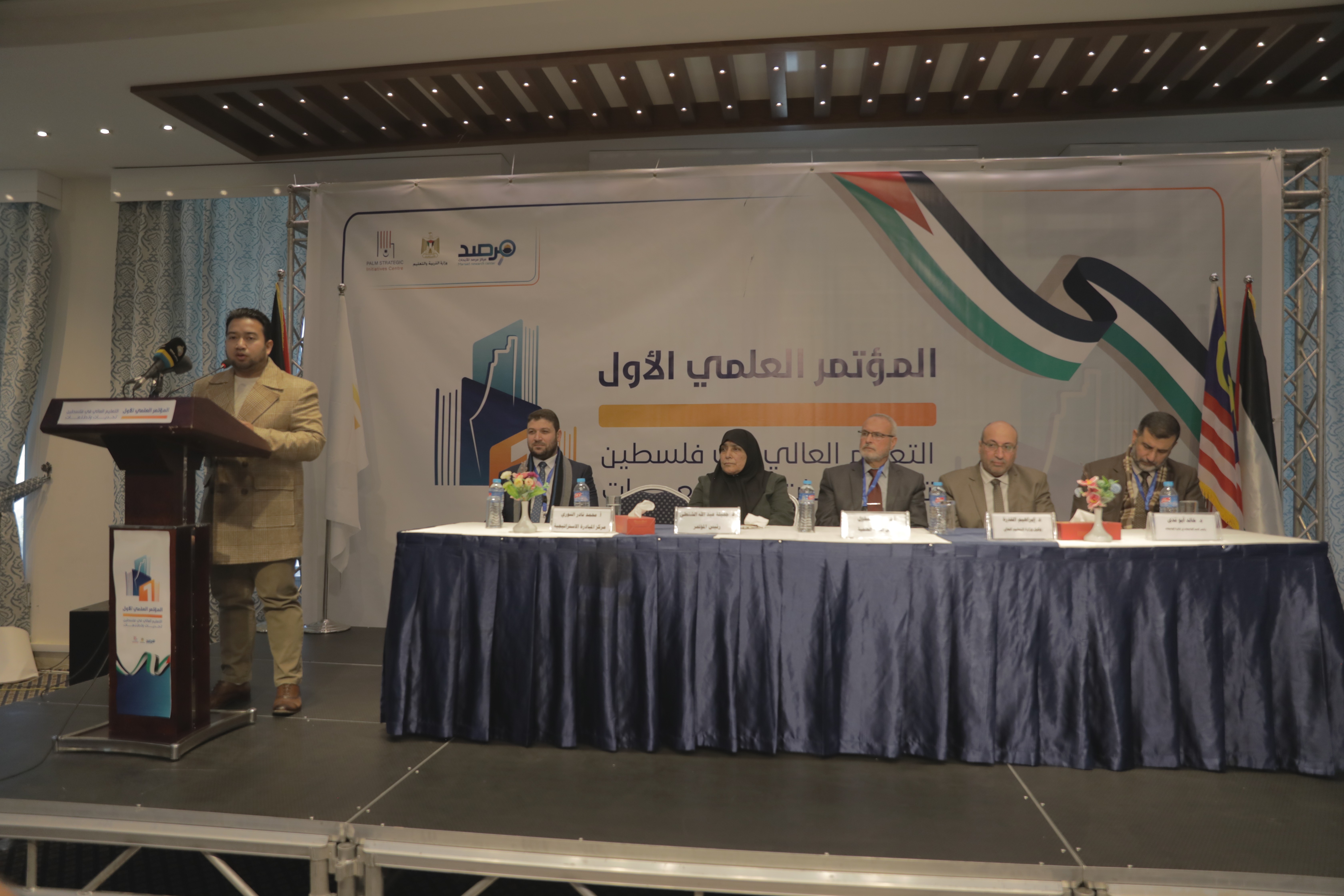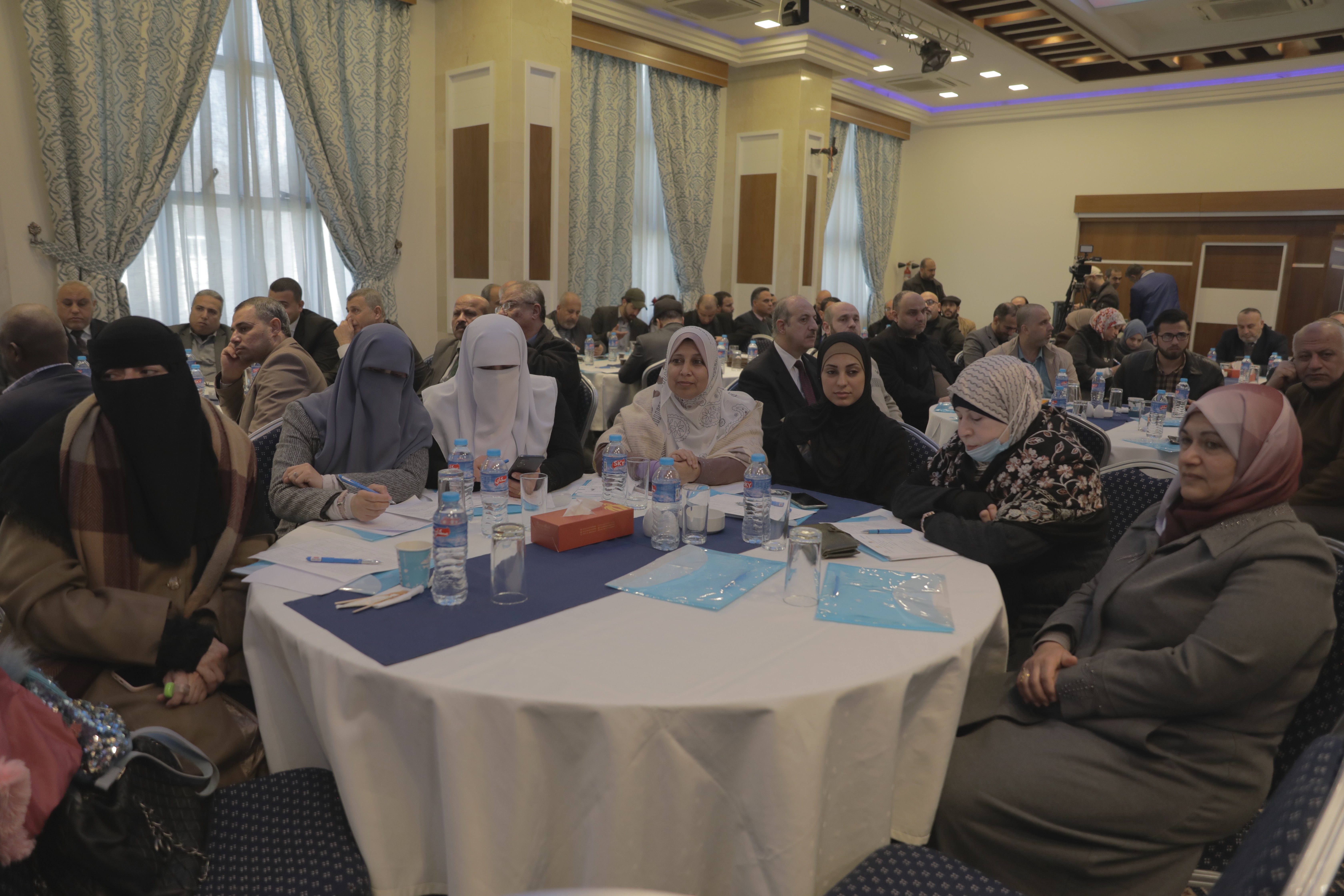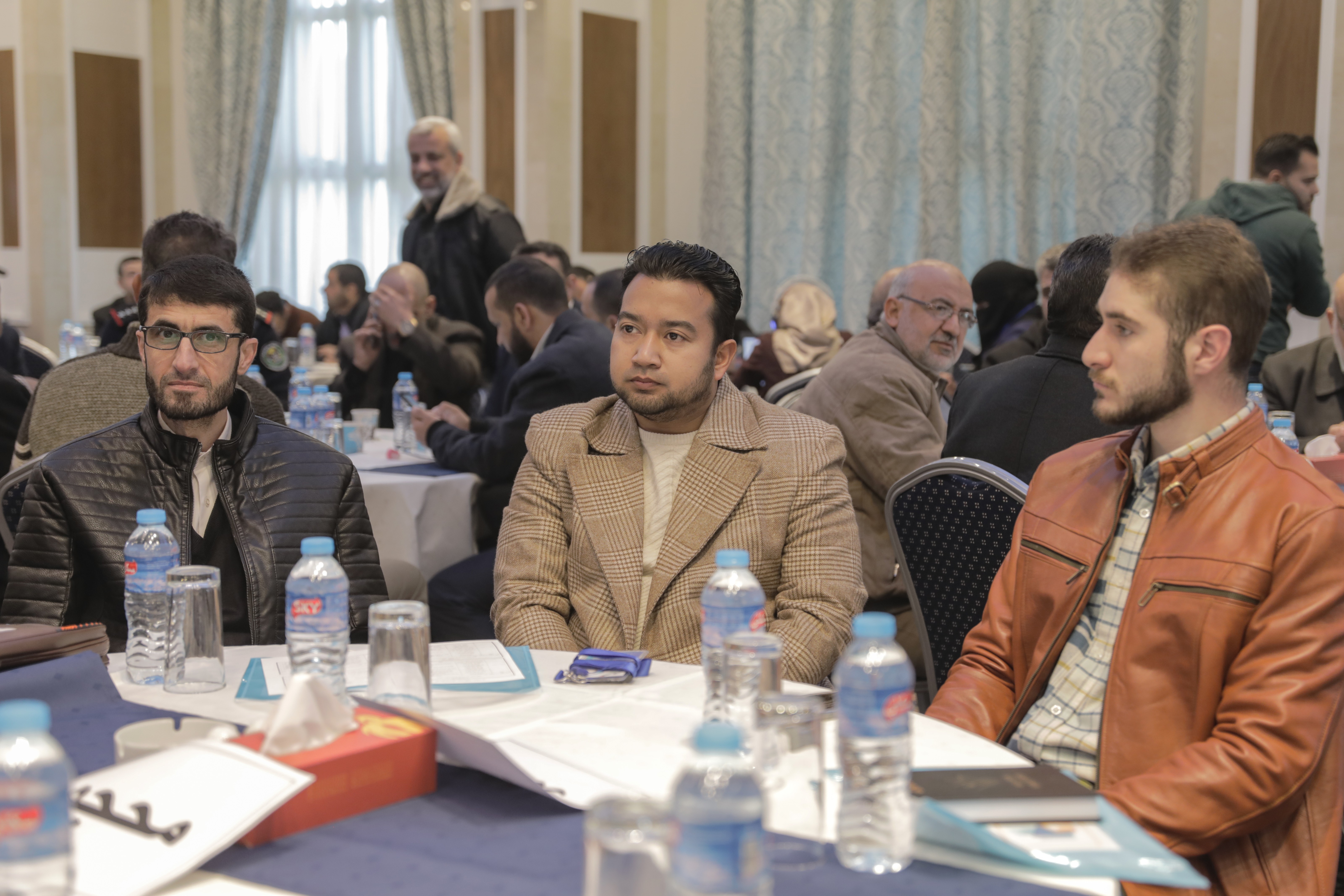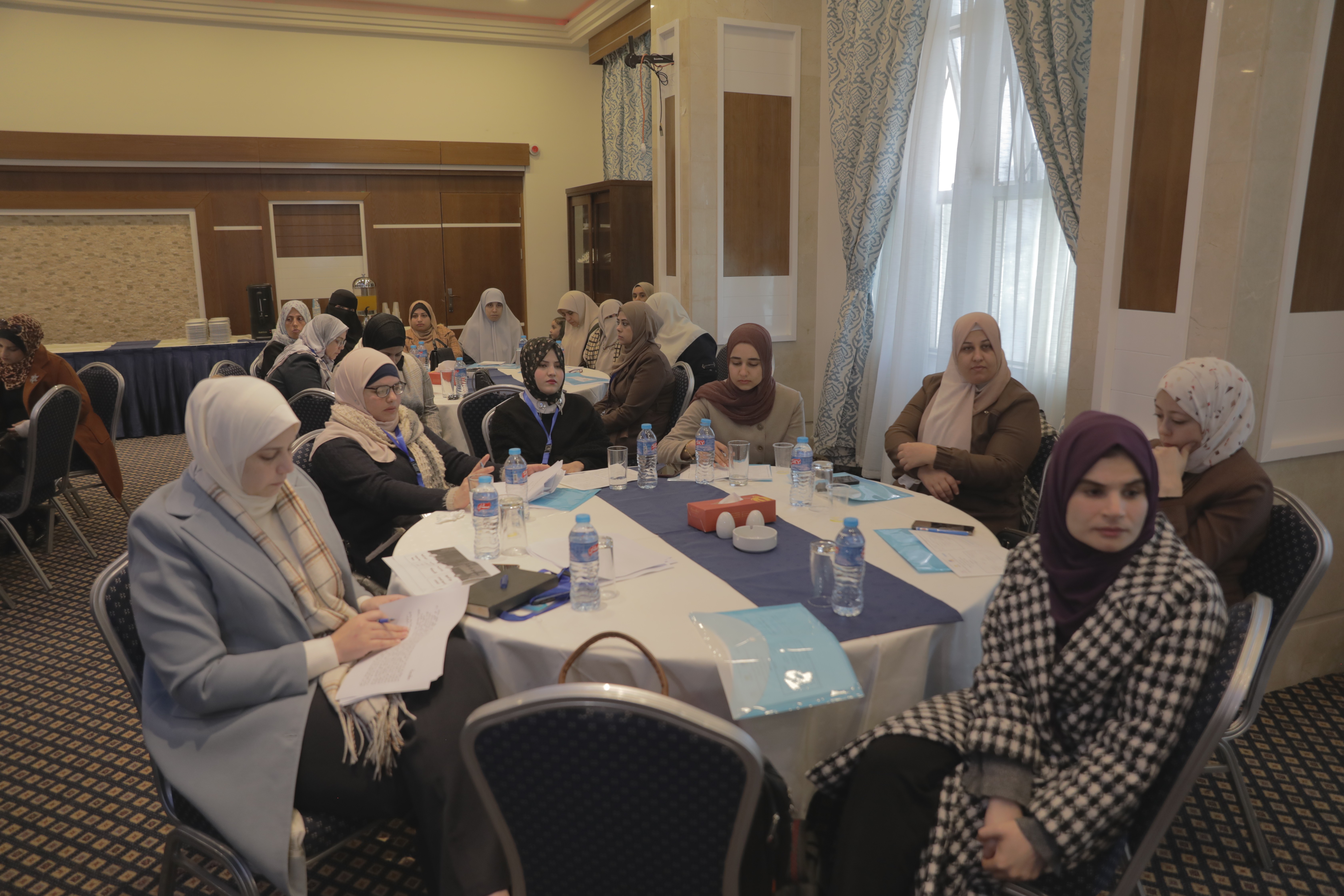Ismail Haniyeh, Head of the Political Office of Hamas, has confirmed that the development of higher education and scientific research is amongst the Palestinian strategic priorities to achieve national requirements.
This has come in a speech recorded and presented during the first scientific conference entitled "Higher Education in Palestine: Challenges and Aspirations," which was held by Marsad Centre for Research and Studies in cooperation with the Ministry of Education, funded by PALM Strategic Initiatives Centre.
"Higher education builds local abilities and allows everyone to participate in the liberation process. Communities falling under occupation and seeking independence need education the most," Haniyeh said, stressing that investing brains and rebuilding knowledge are two main goals any community seeks.
The conference was attended by academics, officials, professors, and community institutions, along with Nasser al-Shaer from Nablus, former Education Minister and former Prime Minister, and lecturers from Turkey and Malaysia via Zoom.
The conference basically aims to shed the light on the reality of higher education in Palestine, identify the possible challenges and obstacles, and find solutions through the 22 research that were accepted out of 90. Amongst the participants were the Palestinian prisoners in the occupation prisons: Akram Al-Qawasmi and Maslma Thabet.
Al-Shaer, in a recorded speech, has called for running deep discussions about the reality of scientific research and its institutes in Palestine in order to identity scientific approaches to develop it.
Mohammed Asqoul, Head of the Scientific Committee, has stated that this conference reflects the ongoing resistance and steadfastness of the Palestinian people, as science is one of the resistance tools. It also reflects the ongoing endeavors exerted to develop and promote the Palestinian society.
Muhammed Nadir Al-Nuri Kamaruzman, CEO of Cinta Gaza Malaysia, affirmed that it is not only about money and support, but in what follows this conference. "We don't want our society to react only, but to start thinking scientifically. All great nations were promoted by science and all decisions were taken by scientific research, and we are moving in the same direction," he added.
Ibrahim Al-Qedra, Deputy of the Ministry of Education, has noted that the Palestinians adopts scientific research and higher education as a way to confront the Israeli occupation, as the number of students registered in the 23 higher education institutes is about 100 thousand. He has also confirmed the need of educational institutes to monitor scientific research and master theses, attract more students to vocational and technical education, and formulate a plan to release university certificates.
This was also confirmed by Jamila Al-Shanti, head of the conference, who said "we have problems in the coordination between universities' outcomes with the local market's needs and the economic needs in order to offer job opportunities, as well as a vulnerable connection between the results of scientific research with production institutions." She also called to connect the educational sector with the national economy and provide the necessary capabilities to activate the scientific research.
The conference was divided into 3 sessions, during which the participating research papers were presented and discussed so the researchers came out with several recommendations at the end of the conference. Most importantly, the door shall be open for the Palestinian prisoners inside prisons to join Palestinian universities, the certificates gained by the prisoners inside prisons shall be approved, and clear approaches shall be found out to solve the problems that affect the prisoners academically and to formulate certain strategies to meet their needs.

